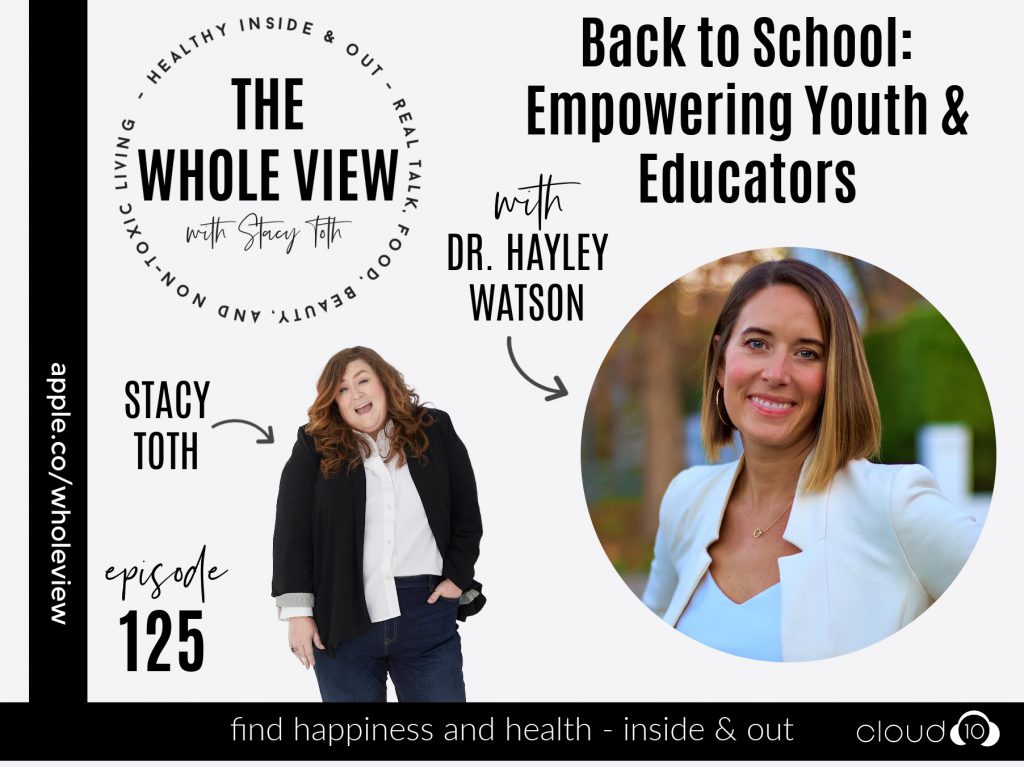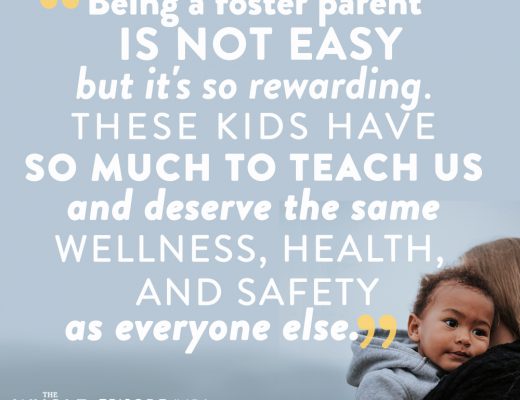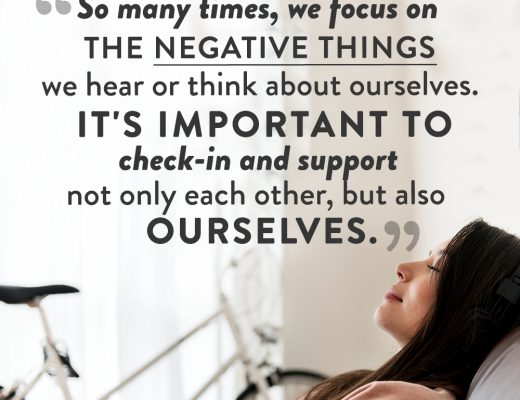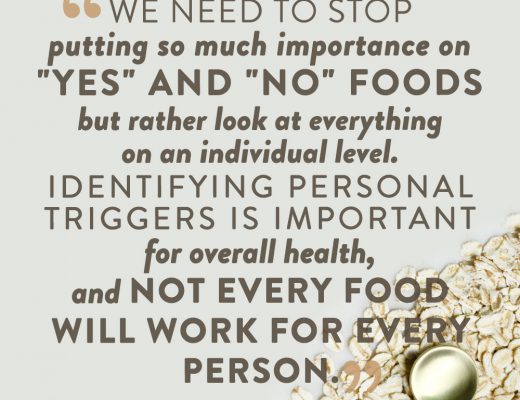Another school year is upon us! Clinical Psychologist Dr. Hayley Watson, PhD joins Stacy to provide parents and educators with tools to be vulnerable with the young people in their lives in order to create the space for them to share honestly and empower them to trust themselves and learn agency. Dr. Watson reminds us that listening goes a long way and also gives us practical responses for some common situations kids may come to us with.

Find Dr. Hayley Watson:
If you enjoy the show, please leave a review. Letting people know on iTunes or however you listen that it’s worth their time could change someone’s life!
Key Takeaways
Back to School Introductions
- Dr. Hayley Watson is a clinical psychologist with a PhD in school bullying interventions and over 20 years of experience creating and delivering mental health programs for youth, educators, and parents.
- She is also an author and the founder and CEO of Open Parachute, a K12 curriculum program supporting the mental health of students, teachers, and parents.
Back to School: Empowering Youth & Educators
What we want them to learn is a) they are heard, they are valued, their opinion matters, their feelings are valid, but b) they have the power to help themselves with those feelings. – Dr. Hayley Watson, PhD
- Dr. Watson and Stacy talk through the challenges both parents and children face As families prepare for back to school
- Parents are encouraged to share themselves and be vulnerable but be careful not to dump unprocessed emotional outbursts on their children. However, you can walk through an experience you had and how you dealt with it to help them develop that skill set.
- Ultimately, all we as parents and educators can do is create the environment and space for the young people in our lives to open up, that is what we can control.
- When a young person comes to us with something that is upsetting, the first step is to take a breath and to remember it’s okay. You haven’t messed up, you’re not a bad parent, this isn’t a reflection of something you’ve done wrong. Importantly, if your first reaction isn’t that though and you snap or you say something that’s inappropriate or rude or shut your kid down, that’s so normal and that’s okay. Everything can be repaired.
- What can you do? Thank them for sharing with you and acknowledge the courage it took. Then ask them question, give them space to express, and listen.
- You don’t have to fix it for them. Their feelings are valid and it’s okay that they feel that way. What’s important is that they learn how to take care of those feelings. See what they think is the best way to resolve it.
- Even if they are asking you to do something, empower them to take some type of action. If they take a step, they will learn agency.
- When we think of power dynamics, we often think about power in relation to other people. And when we’re shutting people down or when we’re holding things in, that’s an attempt to have power over someone. But when we are speaking vulnerably and honestly in our truth, that is a power that transcends everything else. That has nothing to do with anyone else around us. It is a power that just originates in us and then we just are empowered.
- The thing with trauma and why it has this ripple effect is that when we experience something, whatever we did will just repeat again next time, unless we give a different option. So then our brain all of a sudden has two options. And if we keep doing that again and again, we might not be able to make that choice right away but eventually we can start to make that choice and we can start to have that new pathway. So it’s just like any other skill.
Back to School: What Would Dr. Hayley Watson Do / Say
Kids can feel everything. They can sense everything. And when they sense that something is not okay, which is what they would do when we react in ways that are not helpful, they can tell that’s happening. And if we don’t own that and acknowledge it, they stop trusting themselves. Because they’ve picked up on something and it seems no one else is talking about it. – Dr. Hayley Watson, PhD
- Listen as Stacy quizzed Dr. Watson for practical answers to how we can support and empower them the young people in our life, especially as we head back to school:
- I feel ____ [ugly, fat, unappreciated, overwhelmed]
- Insert statement as fact that is NOT correct – for example, Helen Keller wasn’t real
- People are making fun of me at school
- “Ok, Karen” or “OK, Boomer”
- I know a big one for me is not having my kids feel anxiety and pressure as children, so what about when they say things like “I suck, I’m a failure, I got a bad grade”?
- Dr. Watson says it’s important to parse out if what the child is feeling that’s enduring or fleeting? If it’s just right now, this a learning experience. We don’t want our children to suffer, but just notice if it’s a pattern. If it’s momentary, you can just listen.
Studies, References, and Products
- TEDx talk: Youth Mental Health is not as complicated as we make it out to be
- Lisa Damour IG
- Philip Lindsay IG
- Atlas of the Heart: Mapping Meaningful Connection and the Language of Human Experience by Brene Brown
Sponsors
- Shaklee.com/site/stacytoth/storefront | Get a special referral link at realeverything.com/shaklee to get 15% off sitewide when you spend $50 or more
Want more info on our Real Life? Healthy recipes, parenting tips, and general lifestyle stuff goes out in our Real Everything newsletter, join here.
So never want to miss a post, sale, or deal? Join my Healthy Inside & Out e-mail list for more info on non-toxic living and safer skincare!




